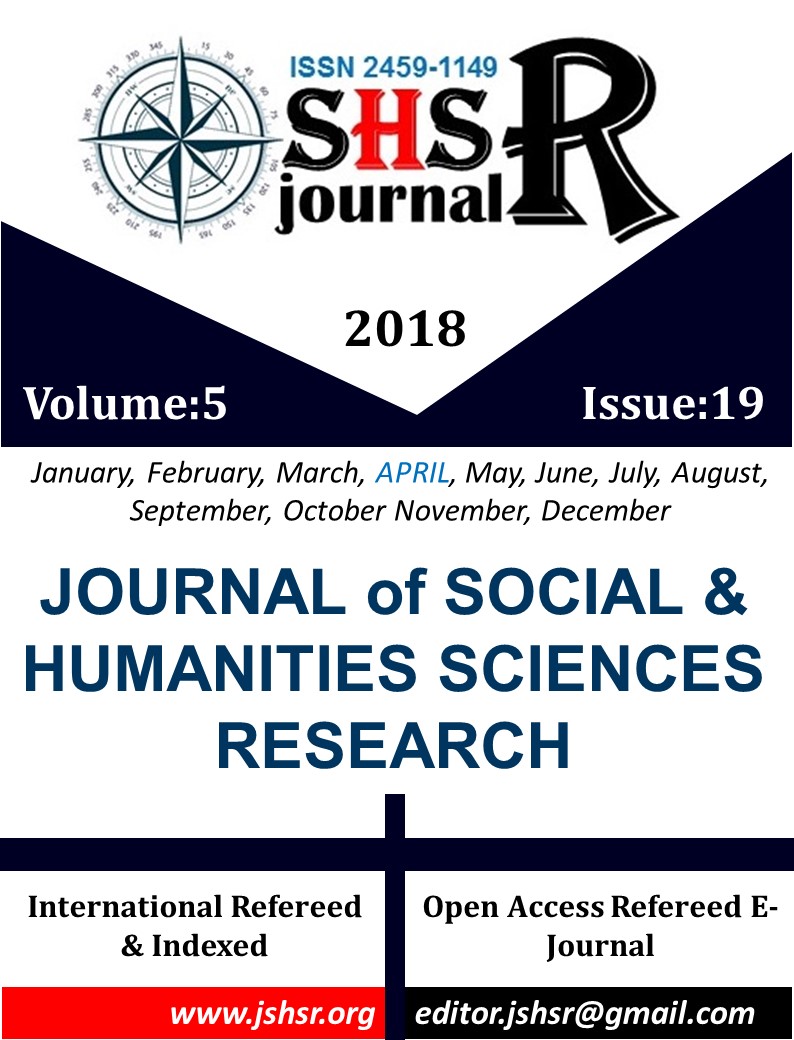EFFECTS OF FOREIGN TRADE BALANCE AND USE IN TURKEY OF CUSTOMS REGIME WITH ECONOMIC IMPACT
DOI:
https://doi.org/10.26450/jshsr.394Keywords:
Export İnventive Methods, Economic Effective Customs Regimes, Turkey, Export, İmportAbstract
Export-oriented development strategies are at the forefront of proven foreign trade policies in the world. In order for these strategies to succeed, countries are bringing domestic producers to the position of entrepreneurs who can export with incentive applications for export. For this purpose, exporters are protected against opponents in the world market with the main incentive methods in the period from supply to marketing. The most commonly used incentive schemes in foreign trade are the economically effective customs regimes that remove the exporters' tax on raw materials, semi-finished goods or intermediary goods to be used for production. Within the framework of Turkey's signing of the Final Act of the GATT Uruguay in 1994 and the Customs Union signed agreement in 1996, revised customs regimes with economic impact. Customs regimes with economic effects, with amendments made within the framework of agreements; Under processing regime, outward processing regime, customs warehouse regime, temporary import regime, and processing regime under customs control. The conceptual framework of this study was to examine the economically effective customs regimes has examined foreign trade balance with the help of export and import data to Turkey in 2002-2017. The study concludes with a general evaluation and recommendations
Downloads
Published
How to Cite
Issue
Section
License
Copyright (c) 2018 INTERNATIONAL JOURNAL OF SOCIAL HUMANITIES SCIENCES RESEARCH

This work is licensed under a Creative Commons Attribution 4.0 International License.


